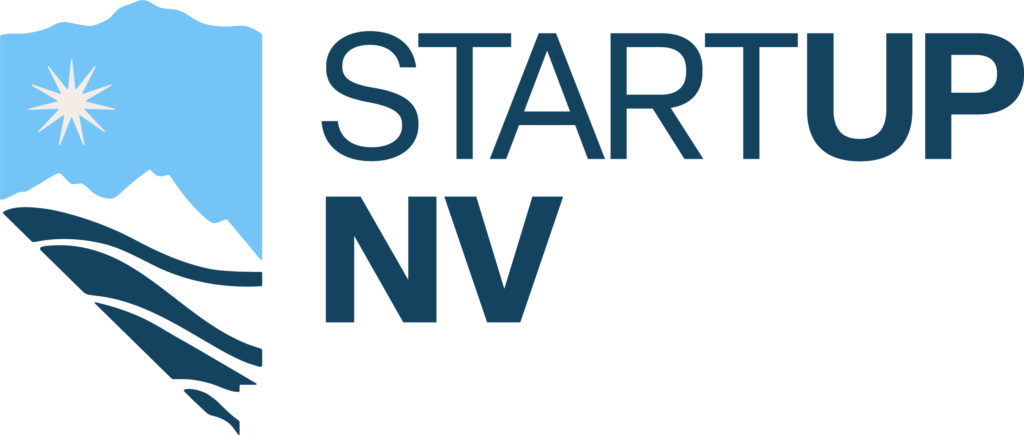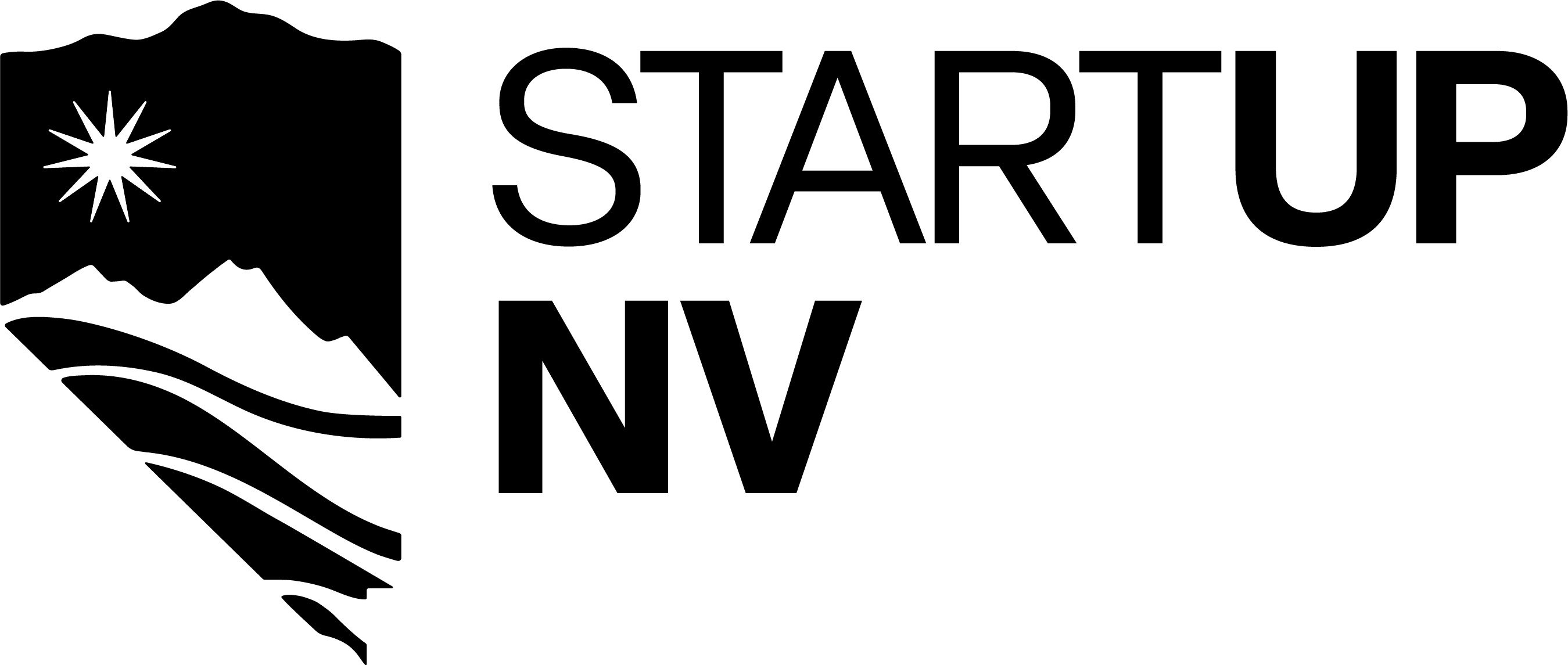Benefits of Social Networking in Business
Social networking has become an essential part of modern life which promts business to use it to their advantage thanks to its potential benefits. Leveraging social media network is essential for companies looking to stay ahead in today’s ever-evolving digital landscape. Let’s explore some of the best advantages and benefits of social networking in business can get from having an effective presence on popular social media platforms.
From increasing brand awareness to boosting customer engagement, numerous ways to have a strong online presence can help any company reach its goals. Companies must use well-planned strategies to maximize their exposure and build customer relationships across all platforms.
Definition Of Social Networking
Social networking is no longer just a trend. It has become essential to running a successful business in the modern age! But what exactly is social networking? To put it simply, it’s using web-based and mobile technologies to connect people online with common interests or goals. This definition encompasses everything from Twitter to LinkedIn, Instagram to TikTok – all of which are invaluable tools for businesses today.
At the core of this concept lies connection: connecting customers with brands, employees with each other, and companies with their markets – the possibilities are endless! Businesses realize that embracing social networking will help them gain access to enormous amounts of data about their target customers together with real-time feedback on products/services. Businesses can leverage these networks for promotion and advertising purposes.
Ultimately, social media offers unparalleled opportunities for businesses to build relationships and engage with customers which traditional marketing methods cannot achieve in the same manner. With such potential advantages awaiting those who use these platforms wisely, let’s explore how businesses can benefit from them…
Advantages Of Social Media For Business
Social media marketing is one of the best tools businesses can use to their advantage. It allows them to engage with customers and effectively increase brand visibility.
- Companies can also use social networks to identify target audiences and gain insights into customer preferences through data analysis. The ability for companies to interact directly with customers on social media platforms provides valuable market research opportunities. This helps create more meaningful relationships between brands and consumers while giving firms greater control over how they communicate with potential buyers.
- Social networks offer powerful targeting capabilities which enable businesses to reach precise segments within their target audience quickly and efficiently. By leveraging on what these platforms can do, businesses can gain a wealth of information about user behavior that otherwise would be difficult or even impossible to achieve from traditional sources.
- By employing analytics tools like demographic reports, sentiment analysis, engagement metrics, and A/B testing techniques, companies are able to gain deeper insights into customer needs, interests, and behaviors which are essential in establishing personalized campaigns.
Through harnessing the power of social media, businesses have access to invaluable resources for boosting customer acquisition efforts. As a result, these channels are becoming increasingly essential components of successful marketing strategies today. Strategies to leverage social networks effectively will be discussed further in the next section.
Strategies To Leverage Social Networks
Businesses can leverage social networks to build a powerful network of contacts and expand their reach. Using the right strategies, businesses can maximize the impact of their messages, engage with potential customers, and ultimately generate more sales. Companies must consider various networking strategies to effectively utilize social media for business purposes and learn how to use them best.
- Probably, one of the best places to start is creating profiles on social platforms like Facebook, LinkedIn, Twitter, Instagram, and YouTube. Companies should also join relevant groups on these sites to participate actively in conversations related to their industry or target audience. They can then share content related to their brand while participating in discussions where they can gain attention from new audiences.
- Businesses should regularly check user reviews about their products or services so that they can respond quickly if any negative feedback arises. Another important strategy when leveraging social networks is building relationships with influencers with a large online following. Influencer marketing campaigns allow brands to collaborate with people who already have established credibility within certain industries or communities. Having influential individuals talk positively about your business will help you increase visibility and trustworthiness among potential customers.
If executed correctly, influencer campaigns can be extremely effective at expanding the reach and driving conversions for businesses. By understanding the power of social networks for business growth and utilizing appropriate strategies, companies can attract new leads and make meaningful connections with existing ones. With this newfound knowledge, it’s time to move on to tools that will maximize reach across all channels a company uses.
Tools To Maximize Reach

Leveraging social networks is essential for businesses to grow and reach their target audience. However, the right tools are needed to maximize that reach. With many options available in the market, it can be challenging to choose which is the most beneficial. To make this easier, we have compiled a list of some of the top tools used by experienced network marketers:
- Social Media Tools – comprehensive packages designed to help users manage multiple accounts across different platforms such as Facebook, Twitter, LinkedIn, and Instagram. These tools provide features like scheduling posts and tracking analytics.
- Network Marketing Tools – these specialized programs allow businesses to create automated campaigns for marketing purposes with features like email automation and lead generation capabilities.
- Extended Reach Tools – these advanced tools provide additional reach beyond traditional methods through targeted advertising on search engines or popular websites.
- Content Promotion Tools – these sophisticated solutions enable users to promote content quickly and efficiently using viral campaigns or influencer outreach techniques.
- Social Media Analytics – these powerful analytic tools track user engagement across all major social media platforms, allowing businesses to measure campaign performance and optimize future strategies accordingly.
To get the most benefits from social networking, access to cutting-edge technology is very important. However, one must also consider the challenges and risks involved to ensure success.
Challenges And Risks Of Social Networking
Social networking is a powerful tool for businesses to grow but it also carries some risks. Security concerns are at the top of the list regarding social media risks. Companies must ensure that their networks and data remain secure from cyber threats. Data privacy is another major concern – companies must ensure customer data isn’t compromised or shared with third parties without consent.
Brand reputation is another risk associated with social networking. Businesses should carefully manage how they present themselves online and be aware of any negative comments or reviews about them on these platforms. This could lead to negative perceptions in the market, which may ultimately harm business operations.
Finally, customer engagement has become vitally important as customers expect personalized experiences through social media platforms such as Facebook, Twitter, and Instagram. Businesses must consider this when developing their strategies and find ways to use these tools effectively to engage with potential customers while avoiding any security issues or other challenges posed by using these platforms.
Conclusion
Social networking can offer numerous benefits to businesses of all sizes, including increased brand awareness, improved customer engagement, and enhanced market research capabilities. Through leverage, these platforms can effectively improve a business’s online presence, expand its reach, and build stronger relationships with its target audience.
If you’re a startup looking to take advantage of social networking, the main goal is to create a strong online presence and to engage with your audience regularly. Doing so can build a loyal following, attract new customers, and grow your business.
At StartupNV, we encourage entrepreneurs to explore the benefits of social networking and incorporate it into their overall business strategy. With the right strategy, social networking can be a powerful tool for driving growth and success. So, contact us today and start building your social media presence and see your business grow.
Benefits of Social Networking in Business Read More »






















